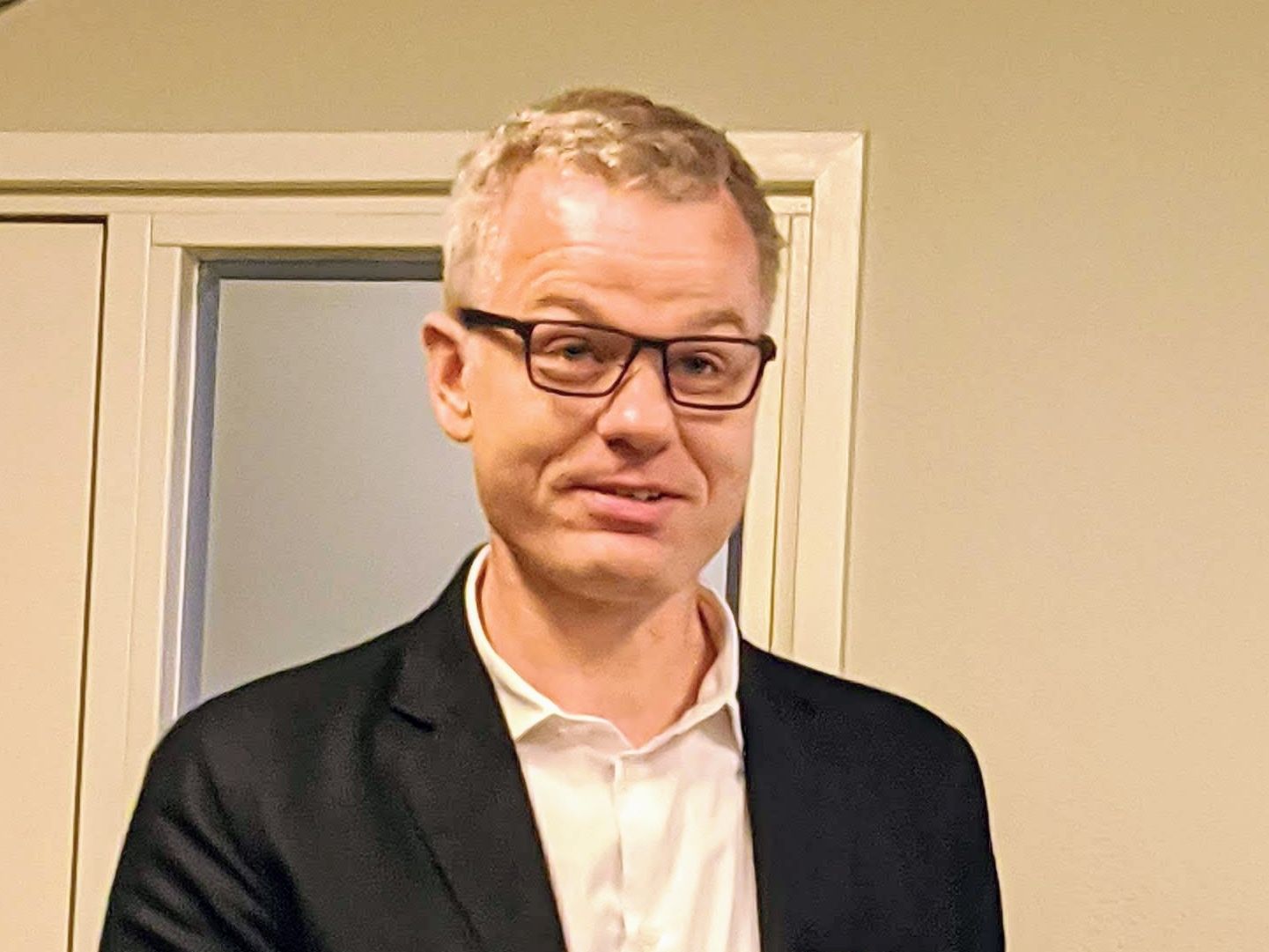Trying to solve the world: Andreas Lange on real-life adaptations to climate change
| Date: | 25 February 2020 |

How to accommodate human behavior to stave off severe forms of climate change? Around this question, the FEB signature area Markets and Sustainability organized an interdisciplinary symposium on January 24–25. Researchers from economics, operations, marketing, and psychology presented their recent research and discussed the role behavioral economics can play in environmental decision making. The topics ranged from individual decision making in reducing showering time, household waste, and car use in city centers, to information avoidance and collusion in market interactions.
Mark van Oldeniel and Lennart Stangenberg (PhD Students at the EEF Department) interviewed two speakers about their research and the symposium’s theme. In this interview, we spoke with Andreas Lange, who is a professor of economics at the University of Hamburg and the Co-Editor-in-Chief for the Journal of Environmental Economics and Management. He works on environmental, behavioral, and public economics and his methods span from theory to experiments.
What are the questions that made you become a professor and what is interesting for you now?
It started with an interest in research. The first ambition was trying to solve the world – which clearly was not a realistic goal. I was interested in climate policy and in how decisions under uncertainty can be made. This directly led me to studying behavioral economics. I then got excited to think about research and about what kind of methods to apply to a particular research question. After my PhD, I was struggling a bit to decide if I wanted to do more policy advice or stay in academia. So I worked for the Centre for European Economic Research for three years. Afterwards, I was sure I actually wanted to do academic research and then I moved back to university.
At the symposium, you presented your paper “Prosociality across domains: True preferences and strategic behavior”. Could you briefly summarize this paper?
It was an experimental paper, reporting evidence from a lab experiment. The motivation was that we try to better understand why firms actually offer green products or why they link their products with charitable donations. The basic setup is that people receive money that they can distribute between themselves, a second person, and a charity. In most of our experimental variations, after the first person made a proposal, the second person can decide to accept or reject the offer. We were interested in how preferences about the distribution of money between two persons are correlated with charitable giving. We ran a couple of treatments to see if proposers really care about the charity or if they strategically use donations to make the other person accept their offer. We also allow the opportunity to cheat, i.e. people could claim that they would donate to a charity while in the end, they just put the money into their own pockets. And indeed, we see that some people use this channel. This directly leads to the necessity to think about monitoring mechanisms.
There are real-life applications like Amazon Smile where part of your purchase is donated to a charity. Do you see in your experiment that customers like this?
In our study, of course, the donation does not come from a company but it comes from another participant in the experiment. Still, if you look at what kind of offers are being accepted and which offers are rejected, we see that (i) a larger donation, as well as (ii) a larger share that is given to the second person triggers a larger acceptance rate. This result comes with the caveat that overall acceptance rates are relatively high, which makes identification a little problematic.
Coming back to what you said in the beginning: you started with a desire to solve the world and then after the PhD you were wondering for some time what to do. As you've decided to stay in academia, what do you think is the role of economists?
There are multiple roles. I think there's a role for theory and really trying to understand the incentives of particular policy instruments and what kind of things actually make sense to implement. But then the other strand is to try to evaluate existing policies. Since much better data is available, I think academic economists should make use of that data in order to have a proper identification of the impact of certain policies. That's where I believe economists are probably having an advantage. For this, I would also encourage young PhD students to acquire empirical skills.
The scientific consensus on climate change is huge, but still, the public debate doesn't really reflect that. How can scientists better communicate the findings?
In Hamburg, we have this excellence cluster in Climate, Climatic Change, and Society which particularly deals with these questions. In that cluster, we have natural scientists, social scientists, and economists. We see that the interaction with other disciplines really helps. For example, communication scientists research how newspapers are reporting about climate and climate change. One example is: how to communicate uncertainties or predictions? This is crucial if you actually want to make people understand what's going on and to provide a better foundation for decisions.
To wrap up: what would you say for you personally, what are the big, unsolved questions you want to work on?
For me, two big topics right now are energy transition and climate policy. I will be active in the mentioned climate cluster for at least the next six years. This will be partly interdisciplinary work, which I'm excited about. One other thing, where I really see lots of potential for the next couple of years, is to interact with philosophers and political scientists on a more general research topic which we call collective decisions.
Andreas Lange’s website: https://www.wiso.uni-hamburg.de/en/fachbereich-vwl/professuren/lange/team/lange-andreas.html
The cluster Climate, Climatic Change, and Society: https://www.cliccs.uni-hamburg.de/

